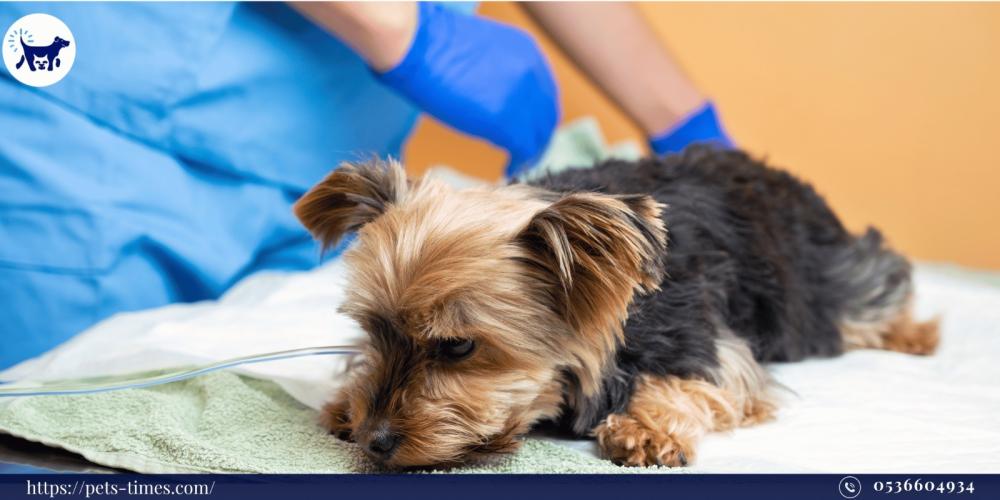First: How do you know if your dog has a stomach allergy?
Not all stomach problems are a sign of a permanent allergy, but there are signs to watch for:
Chronic or recurring diarrhea
Vomiting after eating
Gas or bloating
Weight loss without an obvious cause
For itchy or inflamed skin, accompanied by refusal of certain foods or fluctuating appetite.
If you notice these symptoms more than once, it's best to consult your veterinarian.
Second: Choosing the Right Food
Diet is the key factor in controlling stomach sensitivity.
Nutritional Advice:
Choose a food specifically designed for dogs with sensitive stomachs.
Hills Hypoallergenic Dry Food for Sensitive Dogs with Salmon, 1.5 kg
Hills Sensitive Dry Food for Dogs with Food Allergies 3kg
Royal Hypoallergenic Hypoallergenic Wet Dog Food 400g
Mira Dry Food for Sensitive Dogs with Turkey & Rice 4kg
Hills Sensitive Dry Food for Sensitive Dogs 1kg
Try lean proteins
such as boiled chicken, turkey, or fish. Avoid processed or fatty meats.
Avoid grains and gluten.
Some dogs are intolerant to wheat or corn. Choose grain-free foods.
oasy Wet Food for Small Breed Adult Dogs with Lamb, 70g
Offer small, regular meals.
Dividing the food into 2-3 meals daily reduces stomach stress.
Add probiotics.
Helps improve digestive health and reduce inflammation.
Bio Pet Active Digestive Support Supplement for Dogs, 30g
Emasco Omniflora Juice helps balance digestive health in pets (30ml)
Third: What should be avoided?
Human foods such as chocolate, onions, garlic, and dairy products
Cooked bones, which may cause tears or stomach blockage
Fast food or leftovers
Switching food abruptly – change the type of food gradually over 5-7 days
Fourth: Attention to Environment and Behavior
Reduce stress: Anxiety and stress can exacerbate stomach problems. Maintain a regular routine for your dog.
Moderate activity: Don't feed immediately before or after exercise; wait 30-60 minutes.
Monitor feces: The color and consistency of feces are a direct indicator of stomach health.
Fifth: When should you see a veterinarian?
Don't wait too long if you notice:
Blood in stool or vomiting
Rapid weight loss
Unusual lethargy
Symptoms that don't improve within 3 days
A proper diagnosis may require a blood test, stool examination, or even a special diet for a period.

